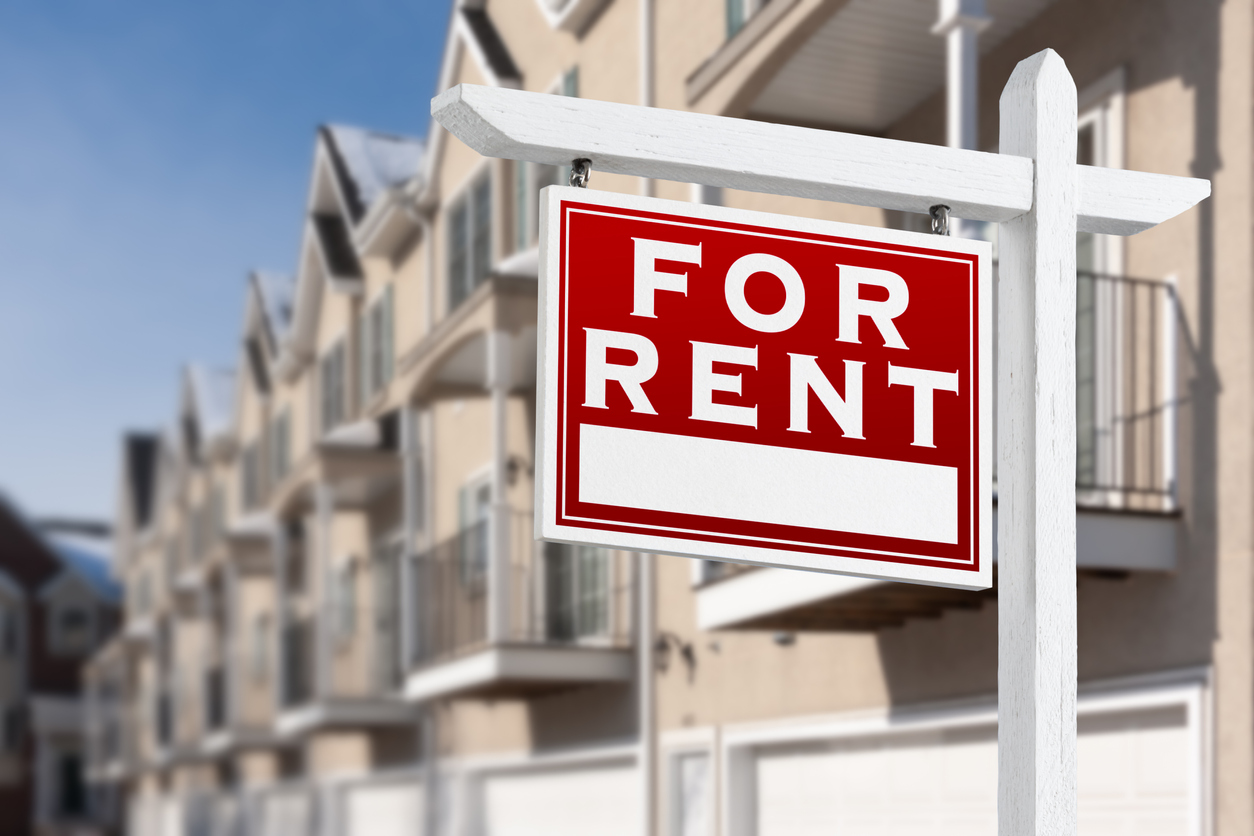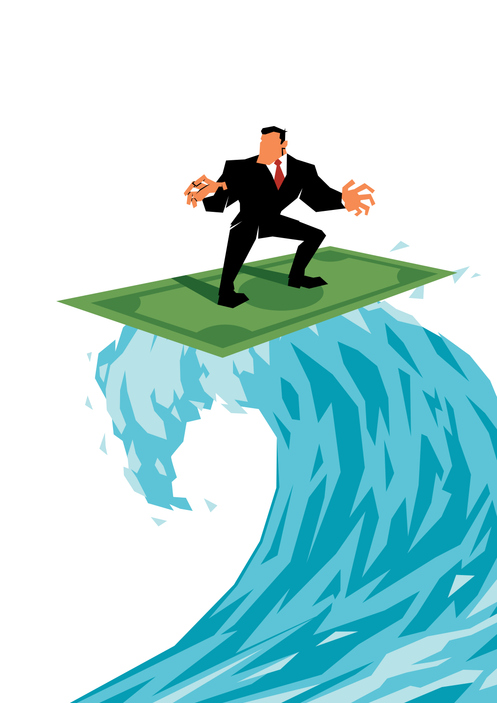Taxes, especially property taxes, are too high in Washington state. That is the message voters send every time an initiative to reduce taxes or limit their rate of growth appears on the ballot. In just the last few years voters have approved three popular measures to ease the rise in the property tax burden government places on its citizens. The latest one, Initiative 747, passed by 58% in 2001. Yet many people wonder whether all this tax-limiting hoopla really makes any difference. After all, people in Seattle voted against building a new tax-subsidized sports stadium...and ended up with two.
To see if voter-approved property tax limits make any difference in the real world, we conducted a survey of the state's 39 counties and 22 largest cities. Under Initiative 747, elected officials have three options about whether and how much to increase yearly property tax collections: 1) they can increase the amount collected by up to 1%; 2) they can increase collections by more than 1% by drawing on banked taxing authority from previous years or; 3) they can ask voters to approve a higher increase. There are no statutory limits on tax increase proposals sent to the voters, which need only a simple majority to pass.
The good news is that Initiative 747 is essentially working as voters intended. Thirty-six counties (92%) limited their annual increase in regular property tax collections to 1% or less. Five of these counties - Kittitas, Spokane, Wahkiakum, Whatcom and Whitman - adopted zero increases. In fact, Whatcom County has the unique distinction of adopting a zero increase for six years running, showing major restraint in the financial demand placed on citizens.
Three counties - Island, Benton and Garfield - used banked taxing authority to impose tax increases of more than 1%. Island County topped our survey with an increase of 5.8%.
The results for major cities were similar. Twenty of the cities surveyed (91%) passed regular property tax increases of 1%. Four cities - Bellevue, Bellingham, Redmond and Spokane - imposed no increase at all in the basic property tax. The result will be a tax cut for many residents, as the assessment process shifts a limited tax burden among property owners. Leaders in two cities exceeded the 1% limit this year: Kirkland (3%) and Lakewood (5.6%).
Our research shows a major change from past practice. In the past, cities and counties routinely boosted taxes by 6% or more. A tax burden subjected to annual 6% increases will double in 12 years, while it takes 70 years to double under a 1% limit. That's why the greatest benefit of tax limits is seen over time. The Department of Revenue estimates Initiative 747 will save taxpayers $1.5 billion over five years. Savings are even greater in counties where this year elected leaders imposed no increases at all.
Property taxes are still very high. Imagine a world in which property taxes actually went down once in a while. That is exactly what restless anti-tax activist Tim Eyman has in mind for his next project. He calls it the 25% Property Tax Initiative. Local governments would calculate the amount of money they can collect under current law, then cut that figure by one quarter before imposing it on businesses and homeowners.
Because the reduction would occur before property values are taken into account, individual tax bills would not automatically go down by 25%. But the total amount taken by government would be reduced so much that virtually every property owner in the state would get a major tax cut. The initiative needs 197,000 signatures by early July to get on the November 2004 ballot.
Voting results have demonstrated the popularity of limiting tax increases, and our research shows Initiative 747 is doing just that. Actually reducing property taxes might turn out to be just as popular.




